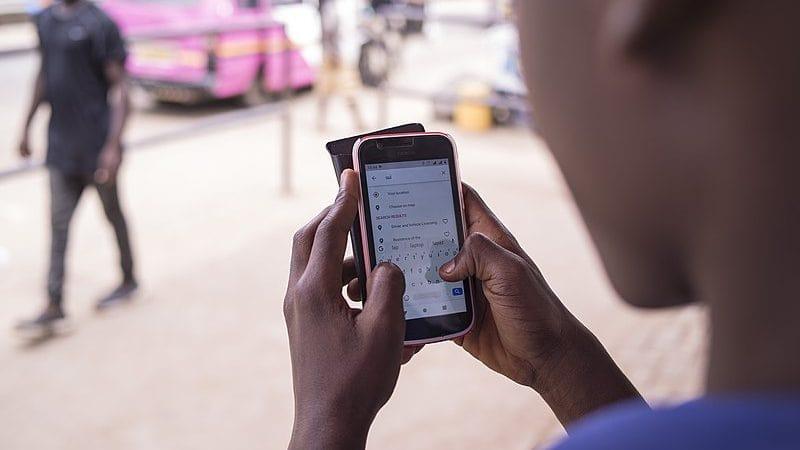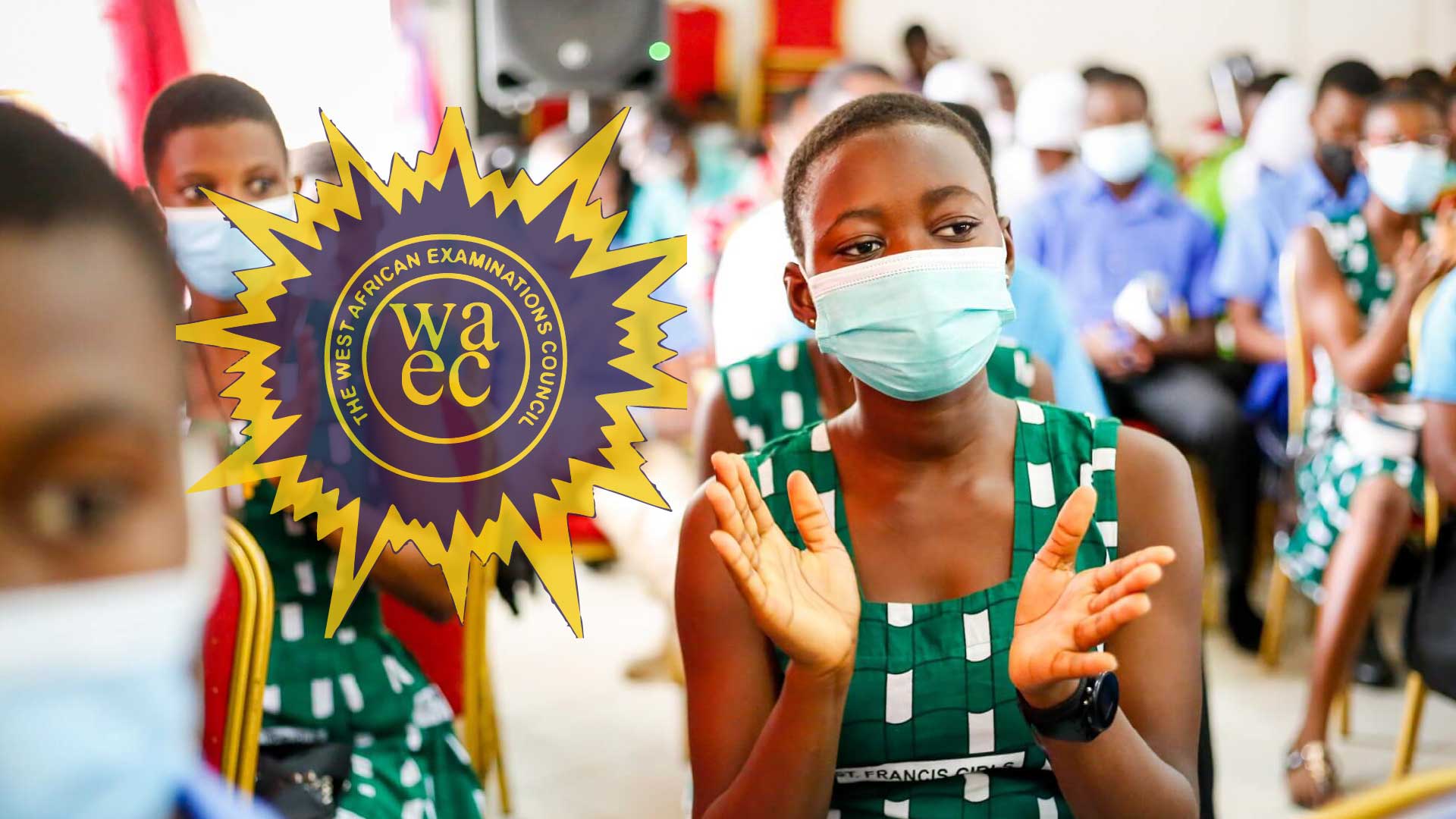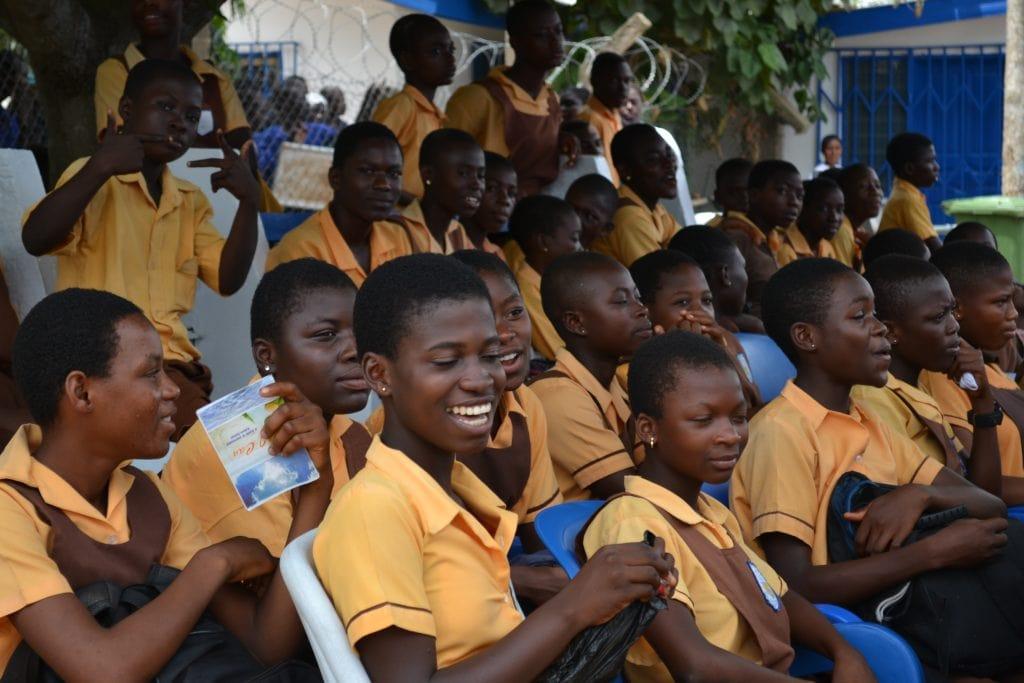In the last quarter of 2021, the Bank of Ghana announced that plans are far advanced to introduce e-cedi, a proposed digital currency that will enable people to transact business without needing any form of connectivity. This implies users of the proposed new e-cedi will be able to transact businesses offline without needing power or any form of connectivity.
It wasn’t long ago when Mahammadu Bawumia, vice president of the Republic of Ghana delivered the “digital speech” at the University of Ashesi in Ghana. During the speech, the vice president discussed the government’s policies to digitize the economy of Ghana. For example, the vice president mentioned the digital address system, the online passport application system, and the cashless system through the mobile banking system.
Apart from the points discussed above, the vice president, cabinet ministers and government communicators have on a number of platforms, discussed how government policies toward education especially, in the second cycle institutions. For example, the introduction of Wi-Fi to both secondary schools and tertiary institutions across Ghana.
Recently, the government added one laptop per teacher policy. This and many other policies from past and present government indicates that Ghana’s leading in digital technology within the West African subregion.
It’s instructive to note that are these are great. However, they are likely to fail if we do not realign them to include the youth, particularly those in the second cycle institutions. “Transforming Economy Through Digitalization: The Ghana Story” is a power narrative that should involve the youths of the country.
However, the current Ghana Education Service policy does not allow students in secondary institutions to use mobile phones, a policy which is afront to the government’s effort to digitize the economy.
The government introduced WIFI’s to most of the senior high schools in Ghana, yet the current policy does not allow them to use mobile phones.
As of January 2021, there were 16 million internet users. Out of this, approximately 9 million of them use social media.
Between 2020 and 2021, the number of mobile connections in Ghana increased by 3.1 million (+8.1%]. This implies that more people including those in senior high schools have gained access to the world wide web.
There are computer labs in almost in every public secondary school in Ghana. The reality is that these labs are ill-equipped to serve students and teachers.
At the Wesley Grammar School in Dansoman, we had a computer lab, but this lab was ill-equipped; 1/3 of the desktops were broken, leaving a fraction of them to function. To ensure a student didn’t miss any of the teachings, computer class lessons were divided to allow us to practice in badges.
How can we achieve digitization if the youths are not resourced to take part in the digitization process? To me, introducing Wi-Fi in secondary schools without adequate computers is a recipe for disaster. Per my experience, only a handful of people especially teachers who are given free governments laptop would benefit from the current Wi-Fi policy.
In African, our grandfathers will pass knowledge to us by teaching us the trade and giving us the resources so that we can function if they no longer live with us.
Vice president Mahammadu Bawumia said, and I paraphrased “there is a body of empirical evidence on how digitization leads to job creation and other opportunities.”
Aggor, Tchao, Keelson, and Diawuo examined mobile phone usage and its impact on senior high school and technical students in Nkurenza in Ghana. The findings reveal that the use of mobile phone in the Ghana educational systems will have a positive impact on the teaching and learning process.
This and many independent private studies reveal positive attributes to mobile usage in educational systems. Though there are concerns that mobile phones can distract students from learning. These are legitimate but not enough to deny students the opportunity to participate in the digitization drive since there’s an alternative to not having enough computers for study.
Mobile usage is on rise in Ghana. Allowing students to use mobile phones in secondary schools will accelerate government’s digitization policy. If not, knowledge cannot be passed on to the younger generation.
I am John Intifunie Nsaman, a data scientist, policy research analyst, and the founder of Joloman.com. My email address is: [email protected]
I hold a bachelor’s degree in sociology and geography from the University of Cape, Ghana. Also, I graduated from the Clinton School of Public Service, and I am currently studying MSc in Business Information Systems and Analytics at the University of Arkansas at Little Rock.
My interest includes technology, entrepreneurship, and blogging.



